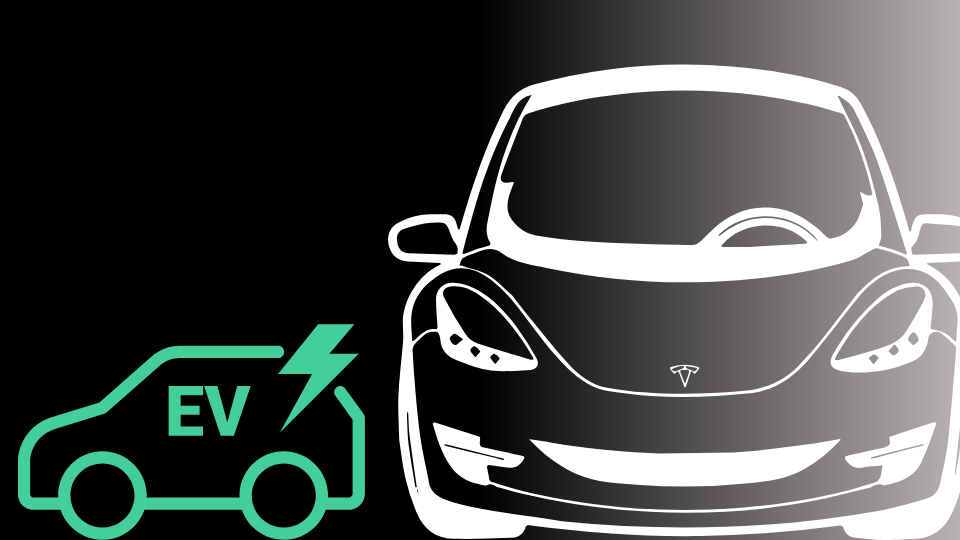The Future of Transport and EV is rapidly changing world wide and companies are growing fast. Here we are going to study that how transportations are working. The aviation industry is racing toward a future of smarter, faster planes Airbus and Boeing aim to produce up to 100 jets per month using advanced thermoplastics and streamlined manufacturing.
Meanwhile, researchers have made a breakthrough in synthetic e-fuels, potentially decarbonizing aviation and shipping. In the EV world, BYD challenges luxury giants with its high-tech Denza N9 and unveils a 1,000kW battery charging four times faster than Tesla’s Superchargers. Yet, self-driving tech faces hurdles Waymo racks up parking fines, and Tesla’s Autopilot struggles in safety tests, raising concerns over full autonomy. From cleaner skies to smarter roads, the future of transport is evolving but not without challenges.
Table of Contents

Airbus and Boeing race to build 100 jets a month with lighter, faster, and smarter planes
Airbus and Boeing are gearing up for the future of passenger jets, turning their attention to innovative materials and cutting-edge manufacturing techniques to hit their bold production targets. Both companies are eyeing monthly production rates that could reach as high as 80 aircraft, with industry chatter suggesting they might even aim for 100 planes a month. This major pivot towards using thermoplastics instead of aluminum could transform how planes are built, leading to lighter, more aerodynamic designs and quicker, more efficient production processes.
Efficient production of synthetic e-fuels demonstrated by researchers for decarbonizing aviation and shipping
Researchers from the Karlsruhe Institute of Technology (KIT), teaming up with Sunfire and Climeworks, have made a significant leap forward in creating synthetic e-fuels. This exciting development could pave the way for decarbonizing challenging sectors like aviation and shipping.
Their innovative process employs co-electrolysis to transform water vapor and CO2 directly into syngas in just one step, which boosts efficiency. Following that, Fischer-Tropsch synthesis takes the syngas and turns it into syncrude, which can then be refined into jet fuel.
The KIT spin-off, INERATEC, is ramping up production, currently testing methods that yield over 26 gallons (100 liters) of kerosene each day. Looking ahead, they plan to increase output to a tonne daily, bringing us one step closer to realizing carbon-neutral aviation fuel.
BYD enters luxury EV market with high-tech Denza N9 to challenge BMW and Mercedes in China
Chinese car company BYD has just rolled out its priciest Denza N9 model, which comes with a price tag ranging from $54,000 to $62,000, aiming to take on the likes of BMW and Mercedes-Benz in China’s luxury electric vehicle scene. This SUV is available in both plug-in hybrid and all-electric versions, featuring a cutting-edge three-motor system that pumps out an impressive 322 horsepower.
It’s packed with BYD’s own God’s Eye autonomous system, 128-line lidar, and even support for an on-vehicle drone. The N9 is designed to offer top-notch driving assistance, remote parking, and can charge up in just 19 minutes. Plus, it boasts an incredible range of 809 miles (1,302 km) according to CLTC standards.
Chinese EV manufacturers like BYD, Li Auto, and Xpeng are quickly capturing market share, pushing global brands out of the premium segment. Meanwhile, Mercedes-Benz, BMW, and Audi have reported a drop in sales in China as local automakers keep raising the bar with their high-tech, smart electric vehicles.
Waymo’s driverless cars face parking ticket surge in San Francisco
Waymo’s self-driving cars are piling up parking tickets in San Francisco. So far in 2024, the autonomous fleet has racked up 589 citations, which adds up to more than $65,000 in fines. The city’s tough parking regulations are proving to be a real headache for these AI drivers. With over 1.2 million parking tickets handed out across the city, Waymo’s vehicles are having a tough time navigating restricted areas and curbside rules. Waymo has stated that they’re on it, acknowledging the problem and emphasizing that their self-driving cars are built to prioritize safety during pick-ups and drop-offs. However, the city’s enforcement is still quite strict.
Tesla’s autopilot stumbles in safety tests, raising doubts about full self-driving ambitions
Mark Rober recently put Tesla’s self-driving technology to the test, and the findings are quite concerning. The former NASA engineer showcased how Tesla’s Autopilot, which depends solely on cameras, struggles to recognize obstacles in crucial moments.
During Rober’s experiments, the car failed to stop for a child mannequin, had a tough time navigating through fog and rain, and even collided with a painted road illusion, which raises serious questions about its dependability.
Despite these setbacks, Tesla is still moving forward with plans to introduce ‘unsupervised’ Full Self-Driving. Elon Musk has announced that an autonomous version of Tesla’s driver-assistance software is set to launch later this year, which has many people worried about safety.

BYD unveils 1,000kw EV battery charging four times faster than tesla superchargers
BYD has just introduced an impressive new EV battery that can charge at a whopping 1,000kW—four times quicker than Tesla’s Superchargers—providing an incredible 248 miles of range in just five minutes! The first vehicles to showcase this lightning-fast charging capability, the Han L and Tang L, will be rolling out in China, with mass production kicking off shortly. As the world’s largest EV manufacturer, BYD is firmly holding its ground in China’s market, where more than 20 million battery-powered cars are already cruising the roads.
BYD’s Alleged 50-Square-Mile Mega Factory Could Dwarf Tesla’s Gigafactory
BYD is building a gigantic electric vehicle mega factory in Zhengzhou. It can cover 50 square miles bigger than San Francisco. There are whispers that this facility could outsize Tesla’s Nevada Gigafactory.
This factory will be insane and can boost China’s economy.
You should also check:- Tech and transport
How will these advancements in EV, flying taxis, and AI technologies shape the future of global transportation?